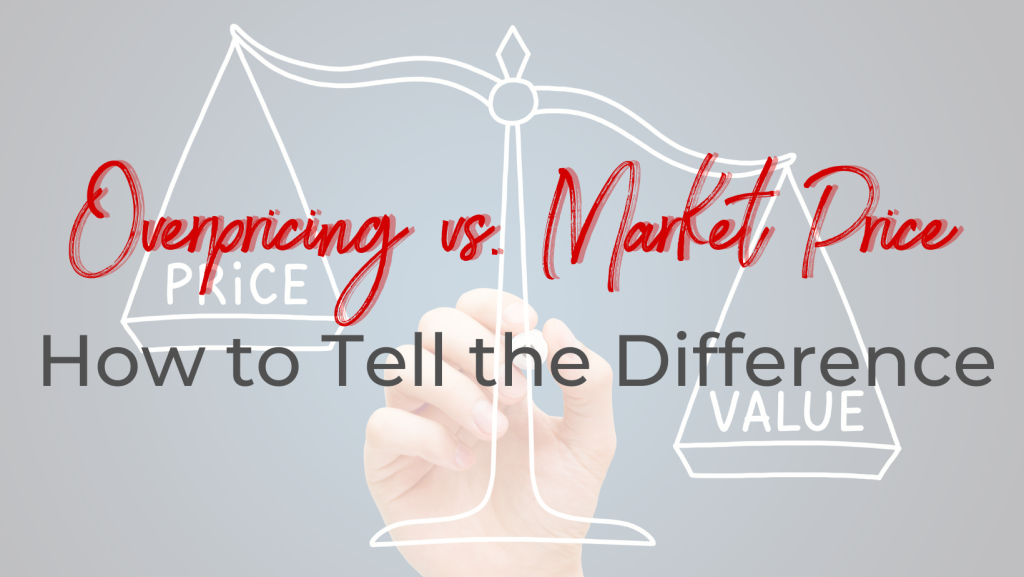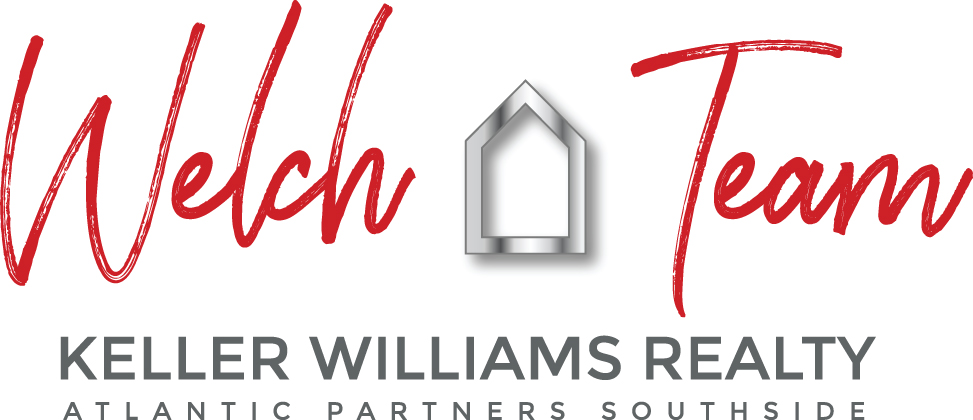
As a homebuyer, your goal should always be to purchase a home for its fair market value. But how are you supposed to know when a home is overpriced? It’s essential to understand the difference between actual market value and an asking price and how those values can differ based on the owner, the current real estate market, and other vital factors.
But before we jump into the ways you can recognize when a home is overpriced, let’s take a moment to discuss what market value is and how that value is determined.
What is Market Value?
Market value is a term used to describe a property’s value, determined by factors such as the local economy, the value of similar properties in the same area, and price fluctuations in the housing market. Market value is the amount a willing buyer would pay, and a willing seller would accept for a specific property. But it’s not always as simple as you’d think.
What Determines Market Value in Real Estate?
- Location: Market values are highly determined by the location of a property. Factors such as the urban versus suburban divide, the quality of local schools, proximity to local amenities, crime rates, community guidelines, and other location-based factors might affect a home’s value.
- Recent Sales: Recent sales of similar homes in the same area will indicate the likelihood of getting a specific price for a property. So, if you are thinking about listing your property for sale, you should definitely take a look at other properties in the area that have recently sold.
- Supply and Demand: The number of buyers looking to purchase in a specific area will affect a property’s market value. If there’s a lot of local competition, it can increase the value. And the number of similar properties listed for sale at a given time will also play a significant role.
- Interest Rates: Interest rates affect the market value as buyers are impacted by their ability to get approved for a mortgage. This works similarly to supply and demand and can fluctuate throughout the year, so it’s always good to keep an eye on interest rates.
Market value can be a very complex concept and fluctuate based on market changes. So, it’s vital that you obtain professional help to accurately determine the actual market value of any given property.
4 Ways to Determine if a Home is Overpriced
Now, if a home is listed for more than its actual market value, it might be overpriced. But as a buyer, how are you supposed to know? If you’re considering buying a home, one of the critical steps is determining if the asking price is too high. Here are some tips that can help determine when a home is overpriced.
1. Look at Similar Homes in the Area
One of the best ways to determine if a home is overpriced is to research similar homes in the area. First, try to find other homes that are similar in size, location, and condition, then take a look at the sale price of those homes.
Once you have that, compare it to the asking price of the house you’re considering. If the price is significantly higher than the homes you’re comparing them to, it could indicate that the house is overpriced.
2. Check the Price-to-Value Ratio
Another way to determine if a home is overpriced is to calculate the price-to-value ratio. Price-to-value ratio (or P/V ratio) measures the price of a property relative to its expected or appraised value. It’s calculated by dividing the sale price of a home by its appraised value or estimated worth. For example, a PV ratio of 0.95 or lower is generally considered a good deal, while a ratio of 1.05 or higher could indicate that a house is overpriced.
3. Consider the Market
Look at the local market to get a feel for how quickly homes in the area are selling. If the market is slow, homes could dip in asking price, which is good if you’re trying to buy a home. But if the market is hot, you should likely be prepared to offer more for a home you’re interested in, as there’s probably a lot of competition.
4. Get Professional Advice
It’s always wise to enlist the help of a real estate professional when determining if a home is overpriced. An experienced real estate agent can provide invaluable insight, such as current and past trends in the market, as well as understanding if the asking price is too high or just right.
Looking for a Fair Price?
At the end of the day, an overpriced home is a big waste of time, effort, and money. So, if you’re looking to purchase a home at a fair market price, the Welch Team can help. Our team of experienced agents can help you find a home that meets your budget and your needs. Contact us today to learn more!
And while you’re here, don’t forget to grab a free copy of our expert buying guide. It contains tips from industry experts, a comprehensive walkthrough of the home-buying process, and a list of our most trusted local vendors.





